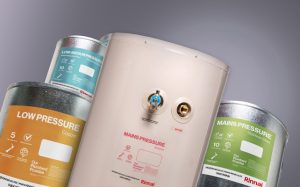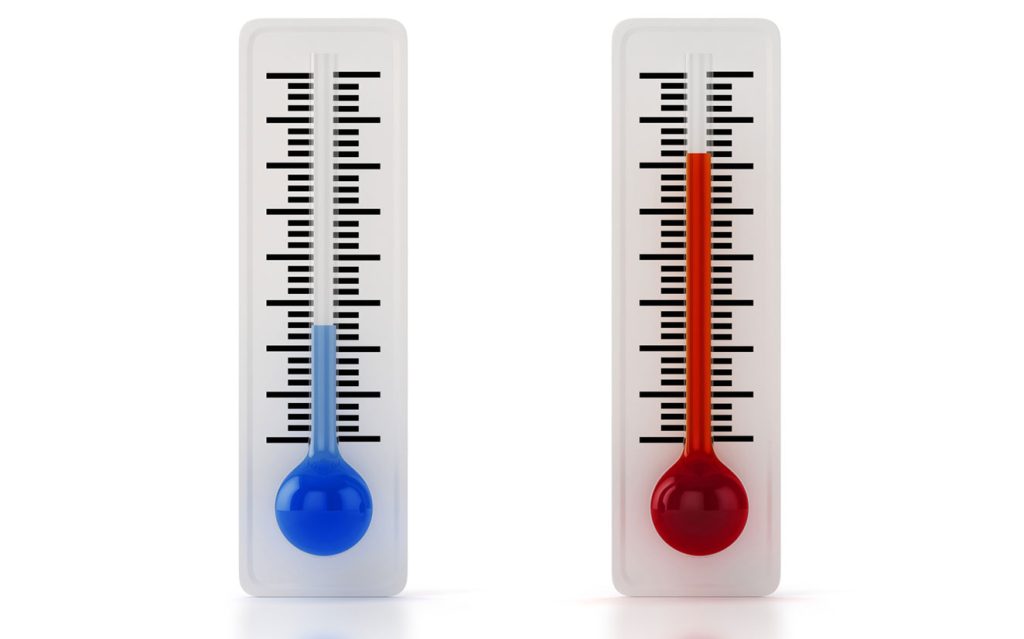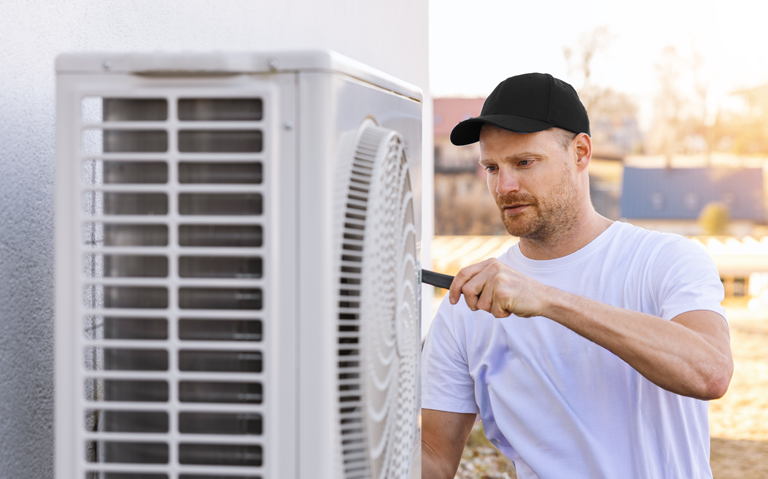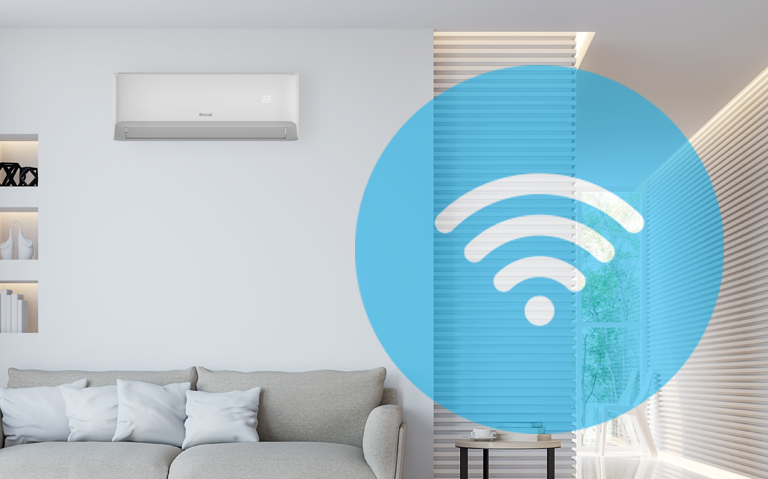If you’ve ever worked in an office environment, or you battle with a spouse over who gets control of the Heat Pump controller, you will be no stranger to how uncomfortable your home can be when the temperature isn’t quite right. Goldilocks was not the only one to battle to find the ‘just right’ when it comes to total comfort, and air temperature has a much bigger impact than you may have realised. Here are a few reasons why it’s worth making sure you’ve got the balance act just right in your home.
Being too hot or cold can have an adverse effect on your health.
There are many theories that moving from hot to cold environments can lead to illness – but in truth, this is more of an urban myth than a qualified fact. What is more likely to affect your health is if you are living in an environment that’s consistently too warm or too cold. Setting your air conditioner to a high temperature that results in the room becoming too stuffy can provide a breeding ground for dust and mould spores and other air-borne nasties. This is also the case if you set the temperature too low. To combat this, set your Heat Pump to a moderate temperature (more on that below) and let your Heat Pump’s filters help collect that pollen, fine dust, and other micro-organisms that are proving harmful to you and your family.
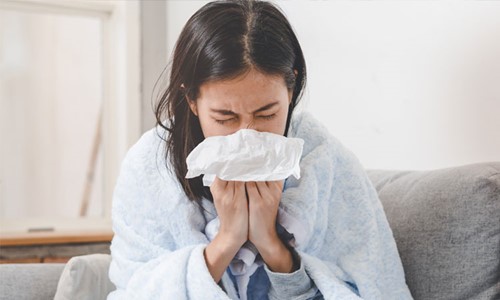
Finding it hard working from home? Temperature may be a factor.
Ever find it hard to concentrate when you are sitting in front of your computer in the space you’ve set-up as your home office? Besides the usual procrastination culprits like Social Media and Messenger alerts – your hijacked concentration may not be entirely your fault! A lot of research has been done to determine the best temperature for productivity, with the Occupational Health and Safety Administration (OSHA) recommending that a workplace should have a temperature range between 18 and 24 degrees Celsius. If you have pumped up the A/C and your workspace has become too chilly, you’ll expend extra energy just trying to stay warm, which can lead to a drop in concentration and performance. And on the flipside, if your space is overheated you may soon find yourself falling asleep on your keyboard.
Humans aren’t the only ones to feel the difference.
Here’s a fun fact – did you know that your house plants feel changes in air temperature just as acutely as humans do. Most house plants are happiest between 17-24 degrees Celsius – any warmer and those stems and leaves will start to droop, and flowers also wilt and die. If our green oxygen- producing friends get too cold, their growth will be inhibited and sadly many plants may even die. Sudden changes in temperature are also problematic for plants (yellowing leaves are a tell-tale sign) – the experts recommend that to maintain a healthy house plant your indoor temperature should be between 18 and 23 degrees throughout the day and maintain a temperature of between 16 and 20 degrees Celsius through the night.
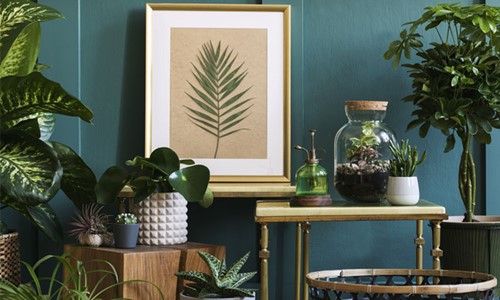
A comfortable night’s sleep.
There have been countless studies into the impact of temperature on sleep, and it’s often a bone of contention between couples – generally speaking, women tend to feel the cold more than men so are more likely to crank up the temperature on the Heat Pump remote. The jury may still be out at your place but if you’re struggling to get to sleep at night, it might have something to do with the temperature of your room. A room too warm or too cold will prevent your body from relaxing and falling into a deep sleep. For better sleep, make sure you keep your room at an optimal sleep temperature of 16C-20C. Or better yet, switch your Q Series Heat Pump to ‘sleep mode’ and let it take care of you and your family.









